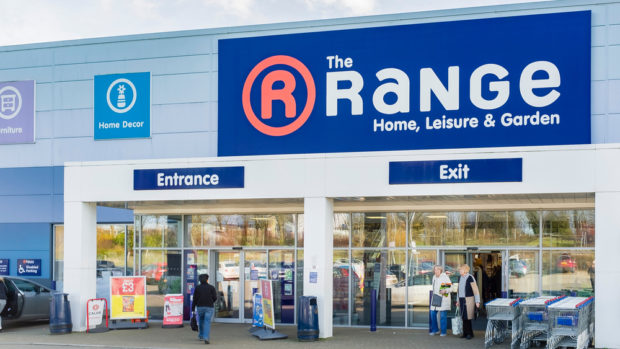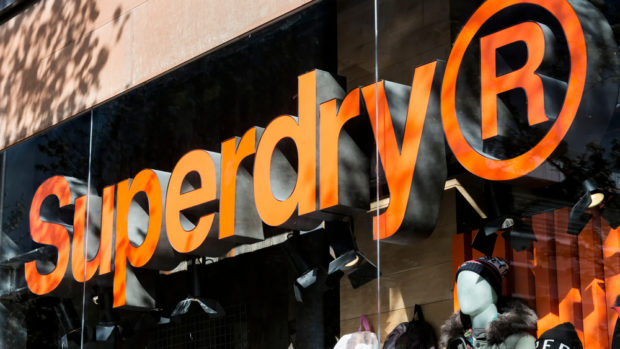
According to new research released today, outdated attitudes towards technology amongst senior retail business leaders are at risk of jeopardising future business survival.
The Connected Enterprise report, produced by Sigma Dynamics, in partnership with applied futurist Tom Cheesewright, reveals that more than half (51 per cent) of retail industry C-suite executives, directors and senior managers are sceptical about the benefits of implementing new business technology.
Exploring this scepticism, the research shows that 60 per cent are doubtful that it improves efficiency, 70 per cent cynical about its ability to improve productivity, and 87 per cent question its positive impact on customer relationships.
Interestingly, around a fifth (19 per cent) think technology can cause problems if not implemented carefully, while 17 per cent believe that the cost often outweighs the benefits, and 6 per cent worry that it can create an unnecessary burden on employees.
Colin Crow, managing director of Sigma Dynamics, said: “From these statistics, we can infer that there are many retail leaders that have been burned by previous digital transformation efforts. It is unfortunately quite common for businesses to choose the wrong technologies, or roll them out without enough support for employees, which can be very costly mistakes.
“Some of these misconceptions are therefore understandable, but as the twin threats of Brexit and the Covid-19 have shown us over the past year, the business landscape can change with incredible speed.
“Organisations must be agile and open-minded in order to cope with the impact of these, and other, national and global challenges that we will all inevitably face.”
The report found that almost half (47 per cent) of those surveyed believe that Brexit will have an impact on their customers’ demands and expectations over the next five years, while more than three quarters (79 per cent) think that the pandemic will, suggesting that the vast majority are conscious of some of the difficulties that lie ahead.
However, only 30 per cent said that they believe that changes in customer demands and expectations will require the adoption of more business technology, and less than half (43 per cent) think that events such as Brexit and the Covid-19 pandemic have made technology more essential to success.
Worryingly, 28 per cent said that they believe that the technology they currently use will remain sufficient for the foreseeable future.
Applied futurist, Tom Cheesewright, added: “Covid-19 catalysed investment in technology, but that investment was often overdue. If we are to avoid playing catch-up when the next challenge hits – or the next opportunity appears – then we should be thinking now about what changes to our technology, processes, culture and models can best prepare us for the future.
“Making the right investments in technology, and skills, is a critical part of future-proofing any business, adding resilience and agility.”








Share